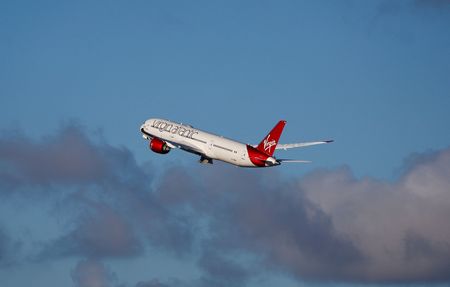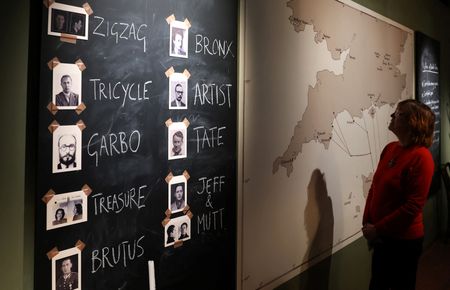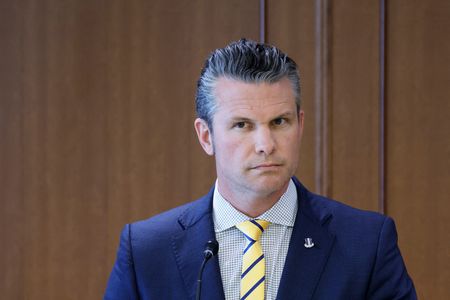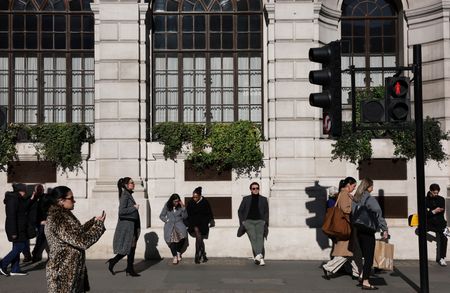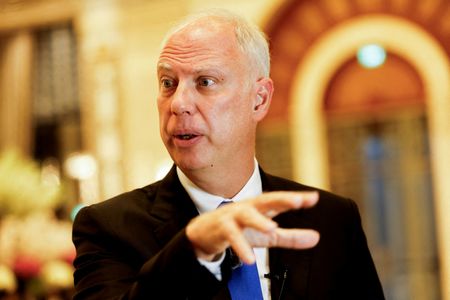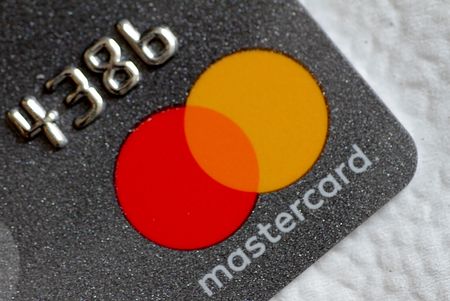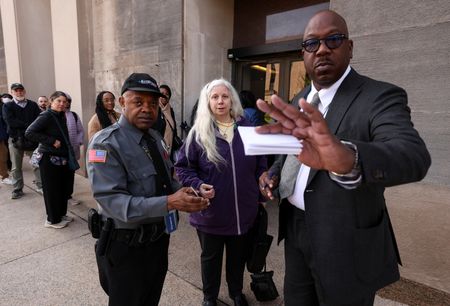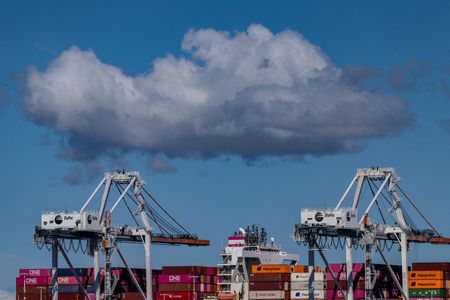By Sarah Young
LONDON (Reuters) – Virgin Atlantic, majority owned by Richard Branson, said on Monday demand for travel from the U.S. to Britain had slowed, echoing a warning from its part-owner Delta Air Lines over the impact of U.S. economic uncertainty.
Delta slashed its first-quarter profit estimates on March 10, citing weakening lower U.S. consumer and business confidence as worries about tariffs and rising prices take hold.
U.S. President Donald Trump’s tariffs have fuelled concerns about an economic slowdown in the country and a decline in discretionary spending, making travellers more cautious about planning trips.
Virgin Atlantic, which specialises in connections between Britain and the U.S. and the Caribbean, said it was seeing a lower level of demand coming out of the U.S. after a “very strong” start of the year.
“When we say signals of a slowdown in demand … we’ve had weeks where it’s been flat, we’ve had a few weeks where it’s been negative,” Chief Financial Officer Oli Byers told reporters on Monday.
“We think that’s quite a natural reaction to the general consumer uncertainty there is in the U.S. at the minute.”
Shares in British Airways-owner IAG, Air France-KLM and Lufthansa were down between 4.5% and 7%. U.S. legacy carriers United Airlines, Delta Air Lines and American Airlines fell between 3% and 5%.
Overall, Byers said he still expected revenues from travel from the U.S. to Britain to grow this year compared to last.
Travel from Britain to the U.S. was “pretty strong”, he said.
“We’re seeing corporate demand being very robust and still growing significantly,” he added.
Virgin Atlantic returned to profitability for the first time since the pandemic in 2024, posting a pretax profit before exceptionals of 20 million pounds ($25.9 million) compared to a loss of 139 million pounds the previous year.
Virgin Atlantic was impacted by the almost day-long shutdown of Heathrow, its main UK hub, earlier this month. It cancelled 75 flights as a result and diverted six.
“The cost for the home-based carriers is going to run into the tens of millions,” Byers said, declining to comment on the cost to Virgin Atlantic specifically.
($1 = 0.7712 pounds)
(Reporting by Sarah Young, additional reporting by Shivansh Tiwary; editing by Andy Bruce, Paul Sandle and Maju Samuel)

